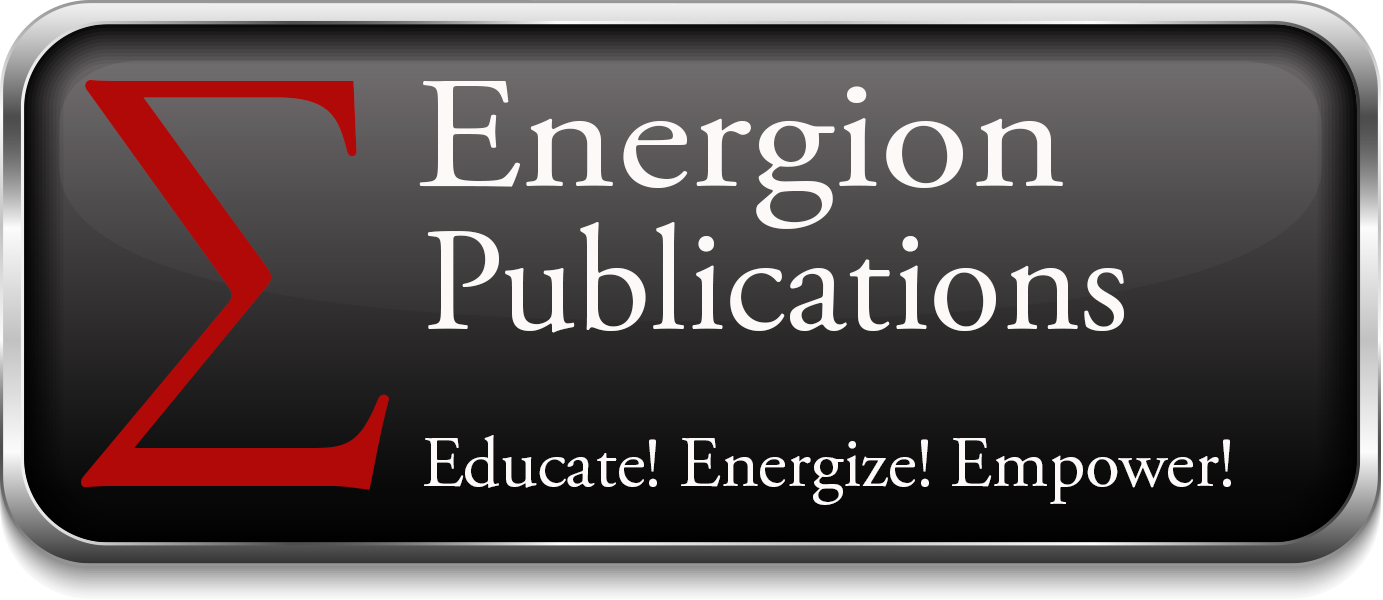Coming Up in the Participatory Study Series
 The Participatory Study Series is designed as an invitation. First, it is an invitation to study. Then it is an invitation to become a participant in the Bible story. The Bible story is one of God’s interactions with humanity, and God invites us to participate in many ways, including mission, service, holiness, and faithfulness. But it is also an invitation to deeper study and understanding. I would like the Participatory Study Series authors to work themselves out of a job by helping to train people to study for themselves. I hope that after you study using one of our study guides, you will find yourself better prepared to approach a passage without a guide.
The Participatory Study Series is designed as an invitation. First, it is an invitation to study. Then it is an invitation to become a participant in the Bible story. The Bible story is one of God’s interactions with humanity, and God invites us to participate in many ways, including mission, service, holiness, and faithfulness. But it is also an invitation to deeper study and understanding. I would like the Participatory Study Series authors to work themselves out of a job by helping to train people to study for themselves. I hope that after you study using one of our study guides, you will find yourself better prepared to approach a passage without a guide.
Pamphlets
The Participatory Study Series grew out of two elements. The first was a series of pamphlets which were part of the package Jody and I bought when we started the company. We had both put work into these pamphlets. They were designed to provide short overviews of areas of Christian belief or practice that could be used as an introduction in churches. A key element of these pamphlets was a list of resources for further study.
We have neglected these pamphlets for some years. They are difficult to produce at a price that makes them affordable for churches. We never felt the need to make money on them, but we needed to cover expenses. So we’ve made them available as source files that people can print. But they haven’t been updated or improved in format, and some of them are somewhat ragged at the edges.
Over the next year we will be updating them; the process including utilizing a number of qualified people to review them. We don’t expect that everyone will agree on the contents of any particular pamphlet, but we want the pamphlets to be as useful as possible by reflecting the range of Christian beliefs on a subject and presenting resources one can use to follow that topic in various tradition streams. We won’t change the method of distribution. We will distribute each pamphlet as a free PDF file suitable for printing on any ordinary printer, including color. We will continue to allow such copying and printing with no need for special permission. We will keep these under copyright only to state that no one else can charge the basic content.
The catalog will include a bolded word REVISED in the description of pamphlets that have gone through this review and reformatting. Current pamphlets are available in Word or PDF format. The new ones will be available only as PDFs.
Books
At the other end of the spectrum we have the Participatory Study Series books. I have recently written about the work I’m doing on revising the first guide, my own study guide to the book of Hebrews. A number of people have come on board since I wrote that guide and the series has become much more than I had ever hoped when I released it.
Along with a general guide to the method, we now have guides to Hebrews, Revelation, Luke (Dr. Geoffrey Lentz), Ephesians (Dr. Bob Cornwall), and Philippians (Dr. Bruce Epperly). We have initiated topical study guides, something I had only dreamed of when the series began, with our first title being Eschatology: A Participatory Study Guide. I expect to add another guide to the topical list shortly.
 Later this year we will release Ecclesiates: A Participatory Study Guide, to be written by Russell Meek. I have had a chance to review early lessons from this guide and I am very excited about it. It will display some of the methodology involved in intertextuality, and do so in a way that laypersons can understand and apply.
Later this year we will release Ecclesiates: A Participatory Study Guide, to be written by Russell Meek. I have had a chance to review early lessons from this guide and I am very excited about it. It will display some of the methodology involved in intertextuality, and do so in a way that laypersons can understand and apply.
We don’t have precise dates, but we are expecting manuscripts on Acts (Dr. Wesley Wachob) and Colossians/Philemon (Dr. Allan Bevere) shortly.
If you are interested in writing for the Participatory Study Series, the only qualifications are that you can interact with current scholarship and at the same time bring the Word of God into the lives of people who are not necessarily scholars. There are a lot of volumes to be written!
Booklets
But I have long wanted something that falls between the extremes of books and pamphlets. These would provide the same sort of overview as the pamphlets, except that they would be more self-contained. While I would always encourage people to study further, for some, these pamphlets might provide the survey they need to understand what is going on in their congregation, denomination, or in the broader church.
So I’ve gotten started on getting authors for these booklets. There will be two distinct sets. The first will simply be expanded versions of existing pamphlets. For example, we have a pamphlet titled God the Creator, which surveys Christian views of origins. A booklet on this topic will simply expand this discussion to approximately 24 pages.
Recently new printing options for these small booklets have become available to us at Energion, and we’re going to take advantage of them. Using these methods we can provide the books at a suggested retail of just $4.99 with quantity discounts available to reduce this to as little as $3.24. In addition, we’re going to make these booklets available for various ebook platforms and price them at 99¢.
But we’re also going to add another branch to this series of booklets, priced in the same way. This second set of booklets will illustrate the scholarly methodology necessary to deal with particular issues. A good example of this is the issue of authorship. Many people read articles such as Bart Ehrman’s recent Who Wrote the Bible and Why it Matters (HT: Michael Patton). How does a reader evaluate such claims and counterclaims?
This series will provide short examples of scholars providing their arguments briefly enough and clearly enough so that others can learn by observing their example. I will not limit these to one particular perspective. The only requirement will be that the author makes a complete argument and demonstrates how such debates are conducted. I will prefer positions that challenge the mainstream, but do so using good scholarly procedure.
In pursuit of this goal, David Alan Black has agreed to revise his paper on the authorship of Hebrews in a few minor ways so as to make it a better educational tool. It will then provide the first of these booklets. Dave hasn’t quite convinced me of his position, but he has convinced me that he has covered all the bases, deserves to be heard more widely, and demonstrates good scholarship.
The last point is the key to this series of booklets. They must show the process and the logic used in making determinations such as these. Many people in our churches simply accept the statements of those scholars who are in their tradition or part of their community. They assume these are right. This is true whether a church is liberal or conservative, mainline or independent.
I will be posting announcements of individual volumes as the information is available. For now, if you would like to contribute to the series, you will need to write something short (or adapt a scholarly article) such that the people in the pew can benefit. The key is not that they need to benefit from your conclusion, but rather from observing your methodology. As long as you own the necessary rights, you can use material that has been published previously in a journal, though most journal articles will require some revision. Or you can write something new.
Be sure to like our Facebook page or follow us on Twitter to keep up with these exciting new developments.


